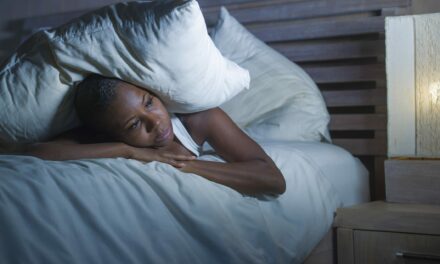Sleep quality may have an impact on the severity of lower urinary tract symptoms (LUTS) in some men, according to new research presented during the 110th Annual Scientific Meeting of the American Urological Association (AUA).
The research was highlighted by study authors during a press conference. Howard L. Adler MD, associate professor of Urology and medical director of the Prostate Care Program at Stony Brook Medicine, Stony Brook, NY, moderated the session at the Ernest N. Morial Convention Center in New Orleans on May 17.
LUTS can include symptoms such as frequency or urgency of urination, painful urination, or difficulty urinating, and predominately impacts older men. LUTS can be caused by a number of urologic issues, including benign prostatic hyperplasia (BPH), urinary stones, or prostate or bladder cancer.
Researchers from Baylor College of Medicine in Houston investigated the incidence of LUTS among men working non-standard hours (defined as “starting before 7 AM or after 2 PM rotating, or regularly including hours outside of the standard 7 AM to 6 PM work day”), to determine whether quality of sleep may contribute to these symptoms. Examining responses from 239 male workers with non-standard shift work, researchers found those who reported problems falling asleep or staying asleep had more severe LUTS compared to men who did not experience these difficulties. Furthermore, men who reported a decreased sense of well-being or decreased physical and/or mental function, as a result of their work, also had worse LUTS.
“These findings indicate that sleep quality may play a significant role in the development or worsening of urinary symptoms,” says Adler, professor of urology at Stony Brook Medicine University, in a release. “Physicians with patients with LUTS may want to consider including a discussion about sleep factors when assessing and treating these patients.”





